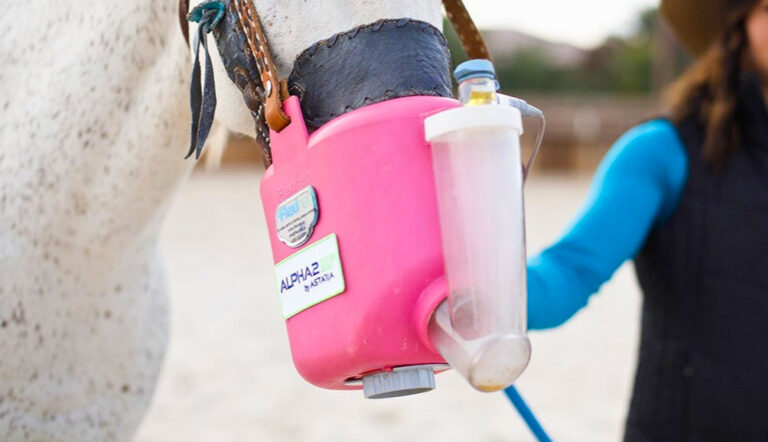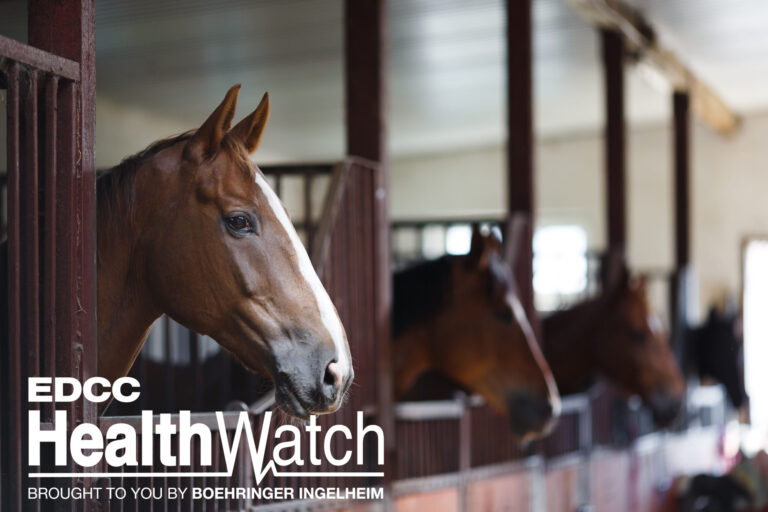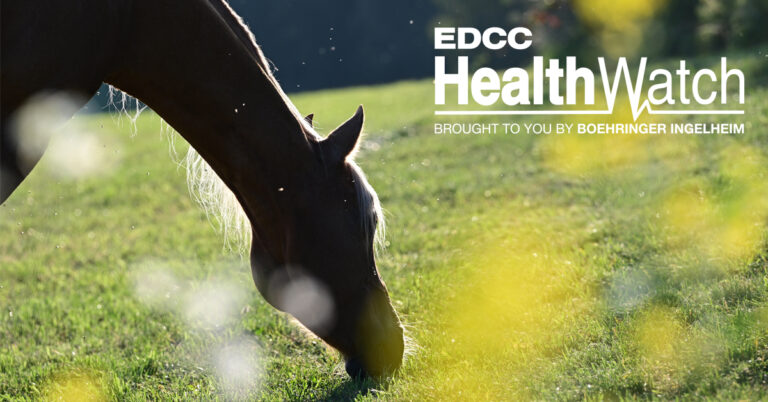
On November 9, a 20-year-old gelding in Frederick County, Maryland, was confirmed positive for salmonellosis. The gelding developed clinical signs on October 30, including fever and loose manure. He is currently in isolation at Marion duPont Scott Equine Medical Center.
EDCC Health Watch is an Equine Network marketing program that utilizes information from the Equine Disease Communication Center (EDCC) to create and disseminate verified equine disease reports. The EDCC is an independent nonprofit organization that is supported by industry donations in order to provide open access to infectious disease information.
About Salmonellosis
Salmonellosis is a contagious and zoonotic bacterial infection caused by Salmonella spp, which causes enterocolitis. Clinically normal horses can transiently shed Salmonella, with shedding more common during:
- Concurrent illness: antibacterial usage, physiological disturbance
- Stress: transportation, social, nutritional
- Gastrointestinal disturbance: motility (especially colic), feed change
Clinical signs of salmonellosis include diarrhea, fever, lethargy, anorexia, colic, localized infection, sepsis and septic shock. Foals are commonly more seriously affected with profound systemic illness, including hemorrhagic diarrhea, pneumonia, meningitis, inflammation of growth plate and septic arthritis.
Treatment of the severe form of salmonellosis is based on IV fluid and electrolyte replacement and efforts to control the host’s responses initiated by the systemic inflammatory response.
Prevention of salmonellosis is difficult, because the organism is present in the environment as well as in the feces of some healthy animals. Isolation and increased biosecurity are needed to prevent spread of the disease.














